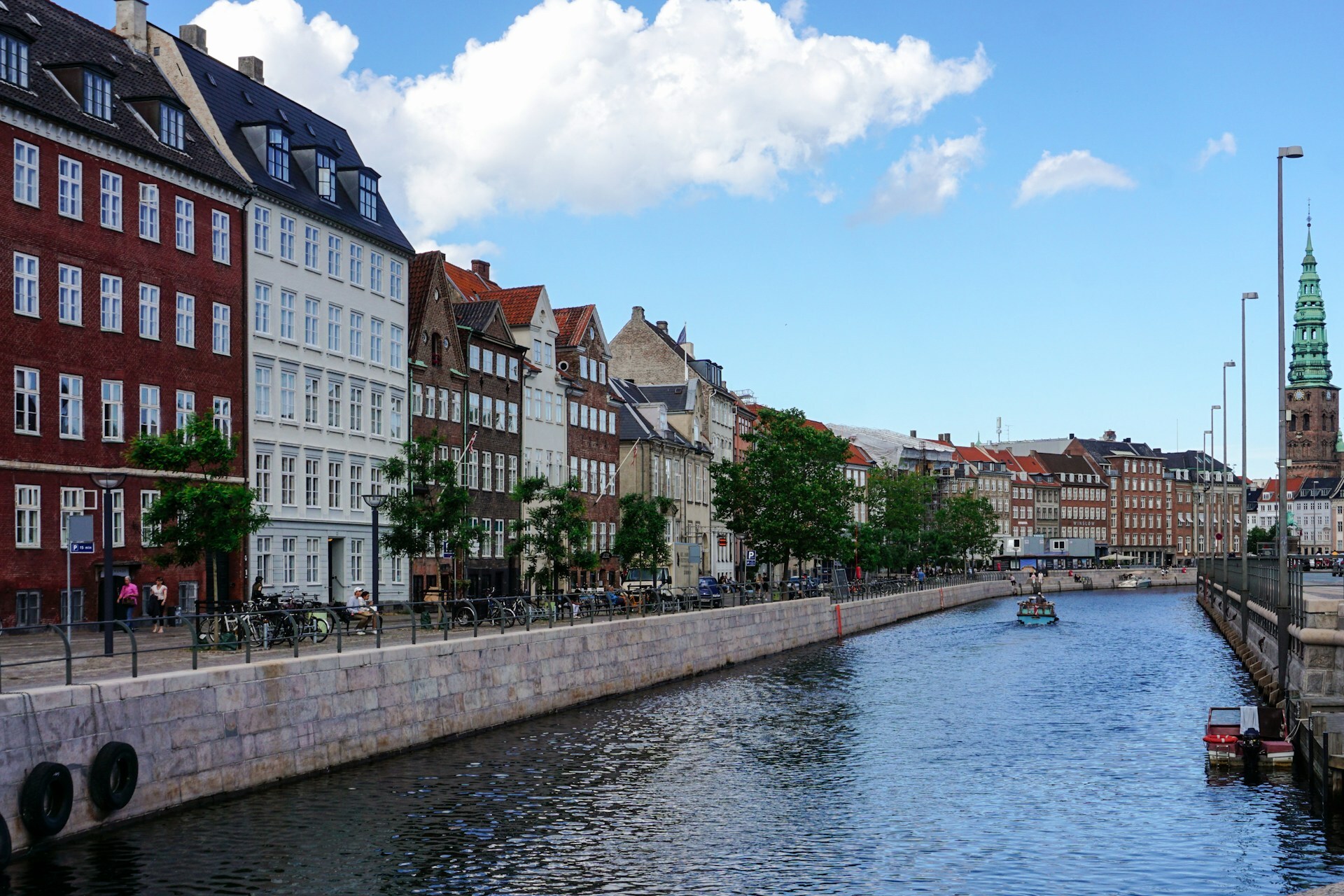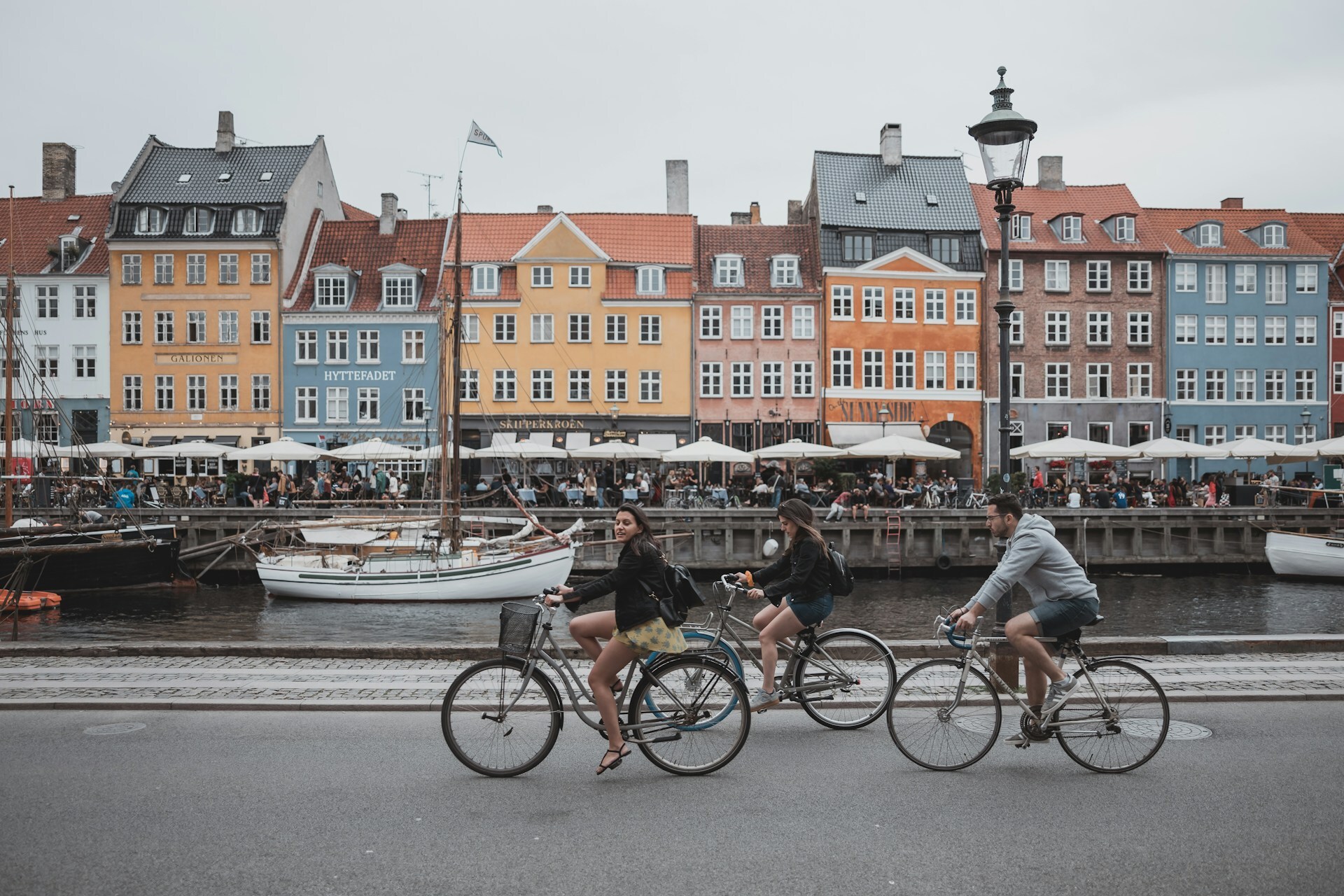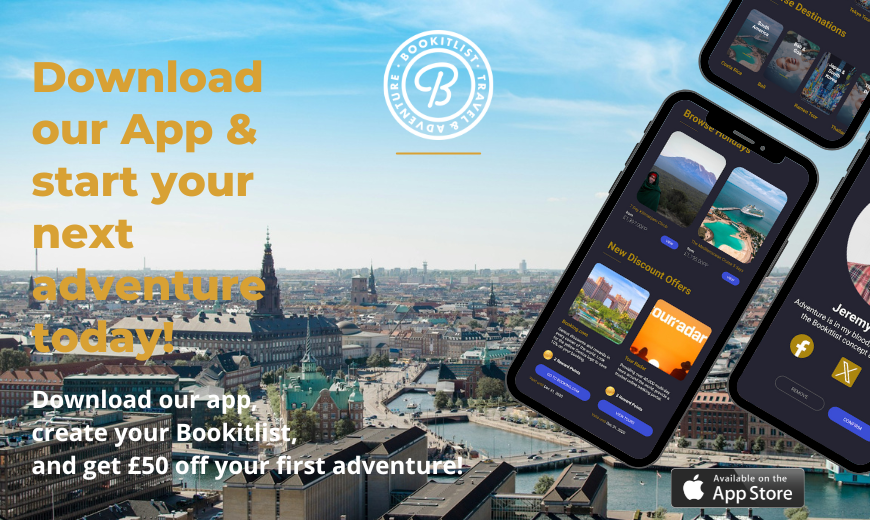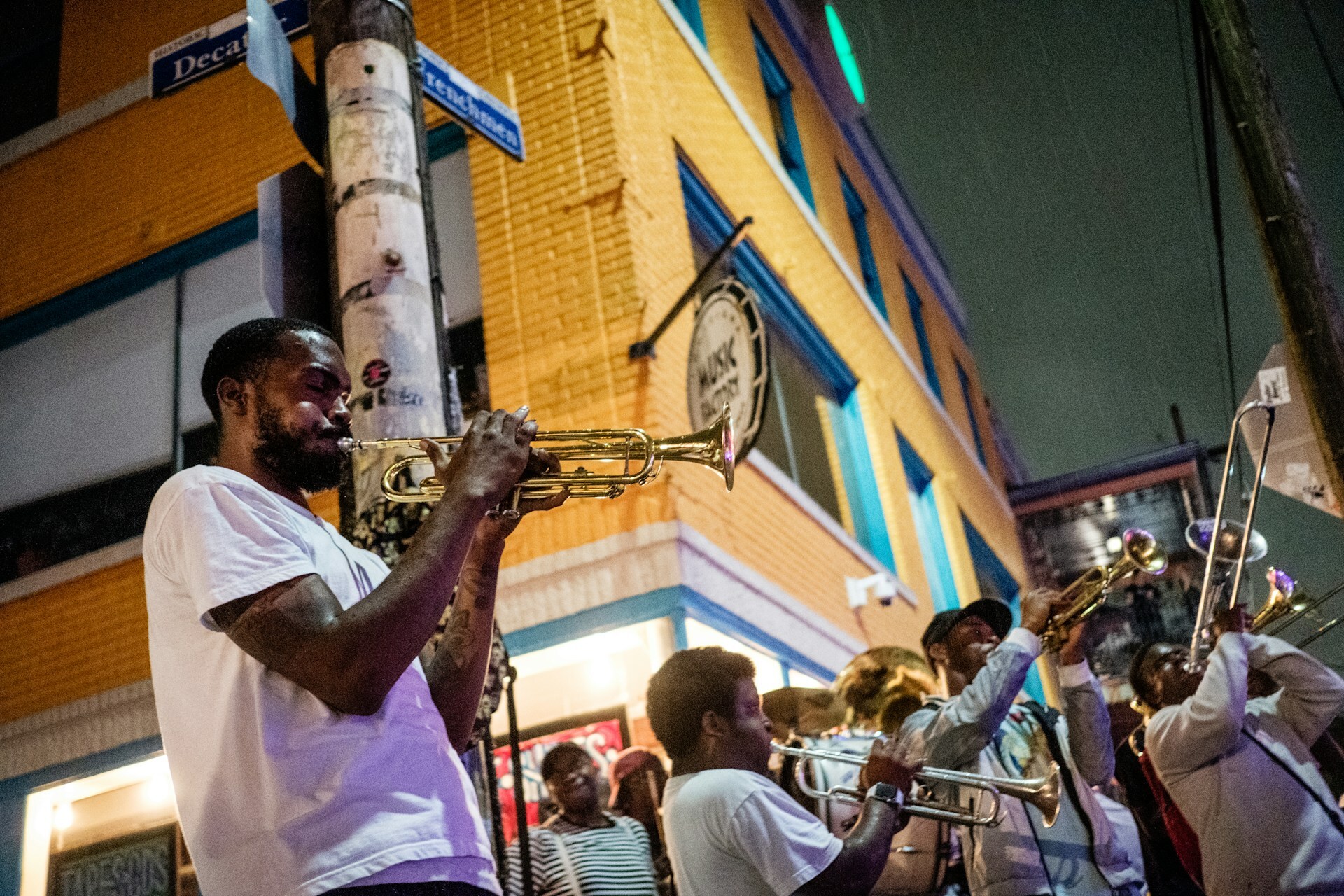Copenhagen to Pay Well-Behaved Tourists!
As Europe’s most popular destinations grapple with the challenges of mass tourism, Copenhagen is pioneering a unique solution. This summer, the Danish capital is launching the CopenPay program to reward visitors who make positive contributions to the city!
Copenhagen’s CopenPay program incentivizes tourists to engage in climate-friendly actions by offering rewards such as free lunches, coffee, kayak tours, or museum entrances. The pilot project begins today and includes 24 attractions, from bike rentals to The National Gallery of Denmark. The aim is to encourage conscious choices that benefit the Danish capital and its environment.
For example, the Copenhagen Surf School offers a free lunch to surfers who pitch in with a 30-minute beach cleanup after their lessons. “It’s a small but exciting step towards creating a new mindset among travelers,” said Mikkel Aarø-Hansen, CEO of Wonderful Copenhagen, the city’s official tourism organization. While many tourists are willing to act sustainably, only a few do so—this program aims to change that with a trust-based approach.
Wonderful Copenhagen clarifies that this initiative isn’t about attracting more tourists but about promoting sustainable tourism practices. “Our focus is on fostering sustainable practices and enhancing the travel experience for those already here,” explained Rikke Holm Petersen, Wonderful Copenhagen’s communications and marketing director.
As Europe wrestles with the consequences of overtourism, cities are taking bold steps. In Madrid, locals face soaring housing prices due to the rise in holiday rentals. Barcelona has announced a ban on Airbnb-style short-lets starting in 2029. Amsterdam is cracking down on weed smoking and new hotel construction to manage visitor numbers, while Iceland is introducing a tourist tax on hotels, campsites, and cruise ships.
These measures highlight the delicate balance European destinations must strike between welcoming tourists and preserving local quality of life. Tourism is a vital economic driver, but it’s essential to manage it responsibly.
If Copenhagen’s experiment succeeds, it could set a new standard for turning tourism into a positive force. “We must transform tourism from being an environmental burden into a force for positive change,” said Aarø-Hansen. “A key step in this transformation is changing how we move around, what we consume, and how we interact with locals.”
So, next time you visit this charming city, grab a bike, clean up a beach, and enjoy some well-deserved rewards!











